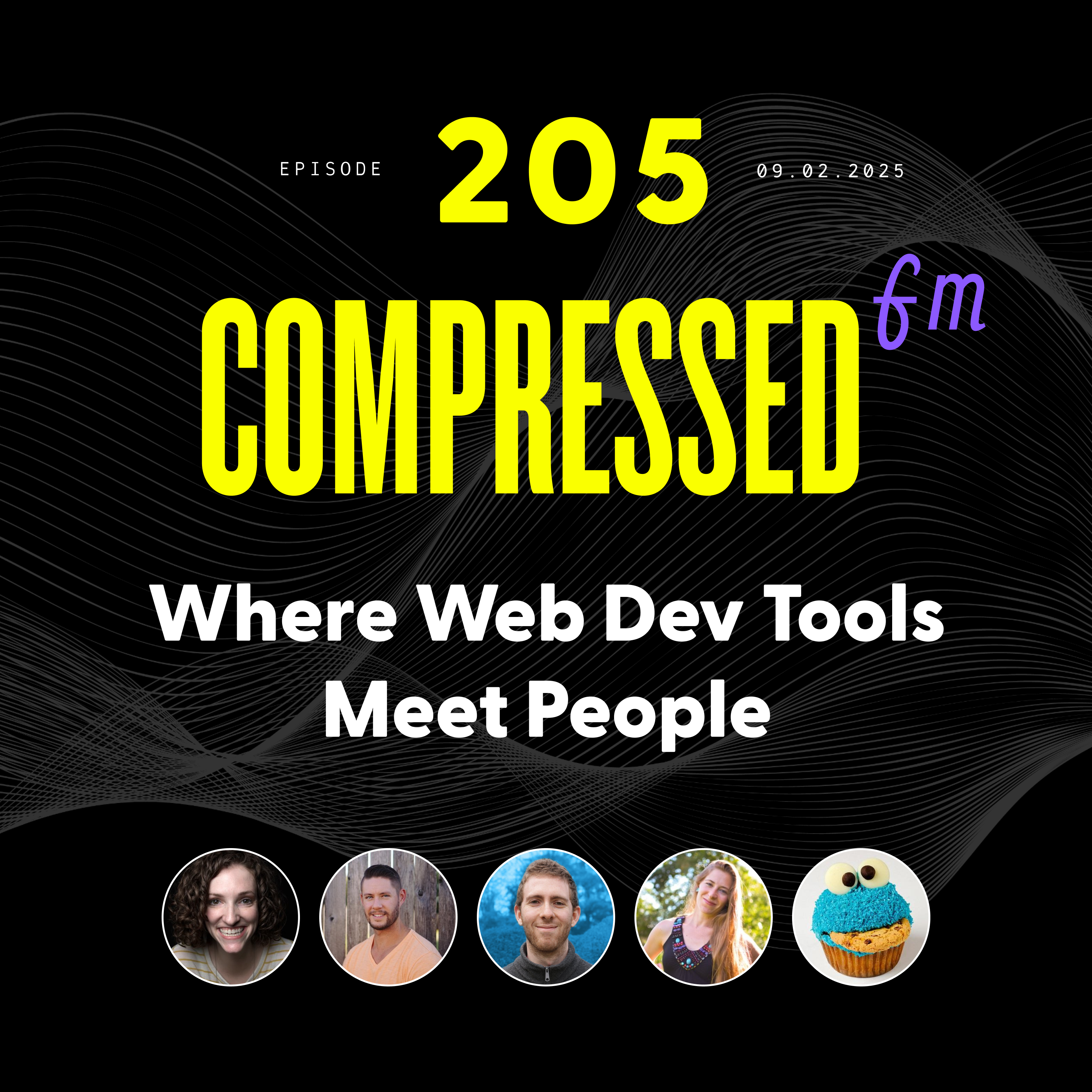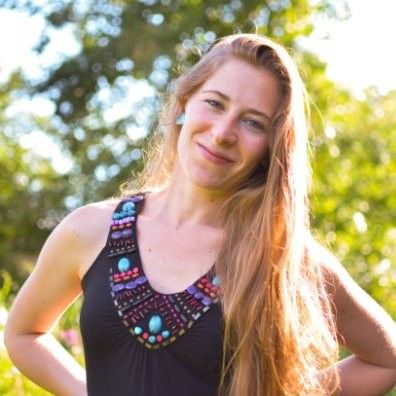A weekly podcast all about web design and development with a little bit of zest.

Where Web Dev Tools Meet People
Web development is constantly evolving, and so are the tools we use to build. In this episode, Amy and Brad chat with the organizers of Squiggle Conf about the future of web dev tooling, how conferences shape the developer experience, and why community matters just as much as code.
The Hosts

Amy Dutton
Lead Maintainer on RedwoodJS Core Team
I love️ teaching designers how to code and developers how to design.
I'm a product designer and full-stack developer. I have over 20 years of web experience, officially making me a granny in Internet years. I live in Nashville, TN, with my husband, 3 adorable kids, and 2 dogs. If I'm not sitting in front of my computer making things, I'm hanging out with family and friends. I love streaming all the things, playing cards, reading, and drinking coffee. Lots of coffee.

Brad Garropy
Senior Frontend Developer at Stripe
I like shipping fast and getting deep into the technical details.
I live in Austin, Texas and some folks call me the cowboy coder. While I’m super passionate about building things with code, I like to spend time away from the computer lifting weights, two stepping with my wife, or riding my Onewheel.
Recent Episodes
Why Vue? A Deep Dive
July 8, 2025
Vue developer Alex Riviere joins Amy to explore the fundamental differences between Vue and React, diving deep into Vue's unique approach to reactivity, templating, and developer experience. From the magic of V-Model eliminating controlled/uncontrolled input complexity to Vue's proxy-based reactivity system that "just works," Alex explains why Vue's mental model clicked for him coming from jQuery. The conversation covers Vue 3's Composition API and Script Setup syntax, the evolution from VueX to Pinia for state management, and exciting developments like Vue Vapor Mode that will eliminate the virtual DOM entirely. Alex also breaks down Evan You's recent $4.6M VoidZero funding to revolutionize JavaScript build tooling, the flexibility of Nuxt as a meta-framework, and why Vue remains approachable enough to sprinkle into any project without complex build steps.
Feature Flags, Framework Wars, and Landing Your Next Dev Job
May 13, 2025
In this hosts-only episode, Amy and Brad get real about the developer experience - from the stress of job interviews to the complexities of choosing the right framework. They discuss why companies are comparing candidates more than ever, share strategies for answering behavioral interview questions, and debate the merits of Remix versus Next.js (spoiler: Brad's all-in on Remix). The conversation shifts to feature flags and progressive rollouts, with insights from Brad's work at Stripe.
Framework Trade-offs: What Laravel Offers JavaScript Developers
April 9, 2025
Josh Cirre joins us to discuss his transition from the JavaScript ecosystem to Laravel, revealing why PHP frameworks can offer a compelling alternative for full-stack development. We explore the "identity crisis" many frontend developers face when needing robust backend solutions, how Laravel's batteries-included approach compares to piecing together JavaScript services, and the trade-offs between serverless and traditional hosting environments. Josh also shares insights on Laravel's developer experience, front-end integration options, and his thoughts on what JavaScript frameworks could learn from Laravel's approach to abstraction and infrastructure.
Sign up for the newsletter
Want to stay up to date on our podcast? Get a behind-the-scenes look and know when new episodes drop.





